Could Transdnestr Be Next After Crimea?
The annexation of Crimea in March has sparked fears that Russia may have its eye on more territories to take over. The pro-Russian separatist region of Transdnestr, which has broken off from the Republic of Moldova, may be next on the list of takeovers, a

Bogdan Matei, 07.11.2014, 13:16
The annexation of Crimea in March has sparked fears that Russia may have its eye on more territories to take over. The pro-Russian separatist region of Transdnestr, which has broken off from the Republic of Moldova, may be next on the list of takeovers, analysts warn. This is not a commonly held opinion, because the parallel between the two regions is not perfect. The strip of land on the left side of the river Dnestr is an enclave between Moldova and Ukraine, and has no border with the Russian Federation.
While Crimea is right next to Russia, Transdnestr is hundreds of kilometers away. Far from being ethnically homogenous, the province with a population of around half a million has 40% Romanian speakers, with the rest made up mostly of Russians and Ukrainians. After the armed conflict in 1992, between the newly created army of Moldova, which had just gained its independence a year before, and Russian supported separatists, Moscow has extended its military protection, as well as financial and energy aid, to the new client province.
In 1999, at the OSCE summit in Istanbul, Russia, then led by Boris Yeltsin, promised to pull out its troops and arsenal. This year, speaking at the UN General Assembly in New York, the Moldovan Foreign Minister Natalia Gherman had to renew her country’s appeal for Russian troops to leave that area. According to expert estimates, in the last 20 years Russia had spent around 10 billion dollars in what they called humanitarian aid to Transdnestr, such as natural gas.
Economic expert Petrisor Peiu spoke to Radio Romania about the issue: “If they spent this much on Transdnestr, with its half a million population, for Crimea they may have spent five times more, maybe 50 billion dollars.”
For Russia, economists say, it was cheaper to annex Crimea than to proceed as they did in Transdnestr. Even so, the expenses for annexation will be high. State salaries and pensions in Crimea will have to be brought in line with those in Russia, which are three times higher. The large amounts of money going to the newly annexed territory, which is far from economically viable, will increase Russia’s budget deficit.
Add to that American and European economic sanctions. With the clarity of thought of a veteran diplomat, Romanian ambassador Ioan Donca, a member of the Board of the Black Sea University Foundation, is skeptical of the efficacy of the sanctions, and is convinced that the Transdnestr situation will stay as it is.
Ioan Donca: “I don’t think that Russia will go beyond annexing Crimea. It is totally uninteresting for it to annex Transdnestr in one way or another, since it owns it anyway. It is clear that it does not belong to Moldova, it is clear that for Moldova, at least at this point, even though we may wish to support Moldova’s territorial integrity, Transdnestr is a hurdle in its bid to join Europe. I don’t know how efficient the sanctions we threaten Russia with are, considering Russia’s resilience.”
European MP Cristian Preda, who has a degree in political science, does not believe in similarities between the two pro-Russian regions. Preda points out that the pro-Western administration in Chisinau signed, this year, association and free trade agreements with the European Union, and pleads for more European involvement in negotiations over Transdnestr.
Cristian Preda: “The two cases are very different. Transdnestr is a frozen conflict, two decades old. This part of the Republic of Moldova is controlled by Russian troops without being integrated in any Russian Federation political structure, while Crimea, after the invasion, became a part of the regime controlled from Moscow. The European Union does not recognize the annexation of Crimea. The EU, at the same time, supports the negotiations that engage the Russian Federation with regard to Transdnestr. I personally believe that the EU has to become a participant in the negotiations, as opposed to an observer, as it is now. It has to gain a more important voice. Moldova is right now a brilliant student of the Eastern Partnership. The EU has different interests now than it had over two decades ago.”
Other commentators warn that the whole discussion may become moot after the parliamentary elections in Chisinau on November 30. If the pro-Moscow communist opposition, favored by the electorate according to polls, takes power back, the Republic of Moldova will not gain back the region, but rather the region will contaminate Chisinau with its pro-Russian attitude.





























